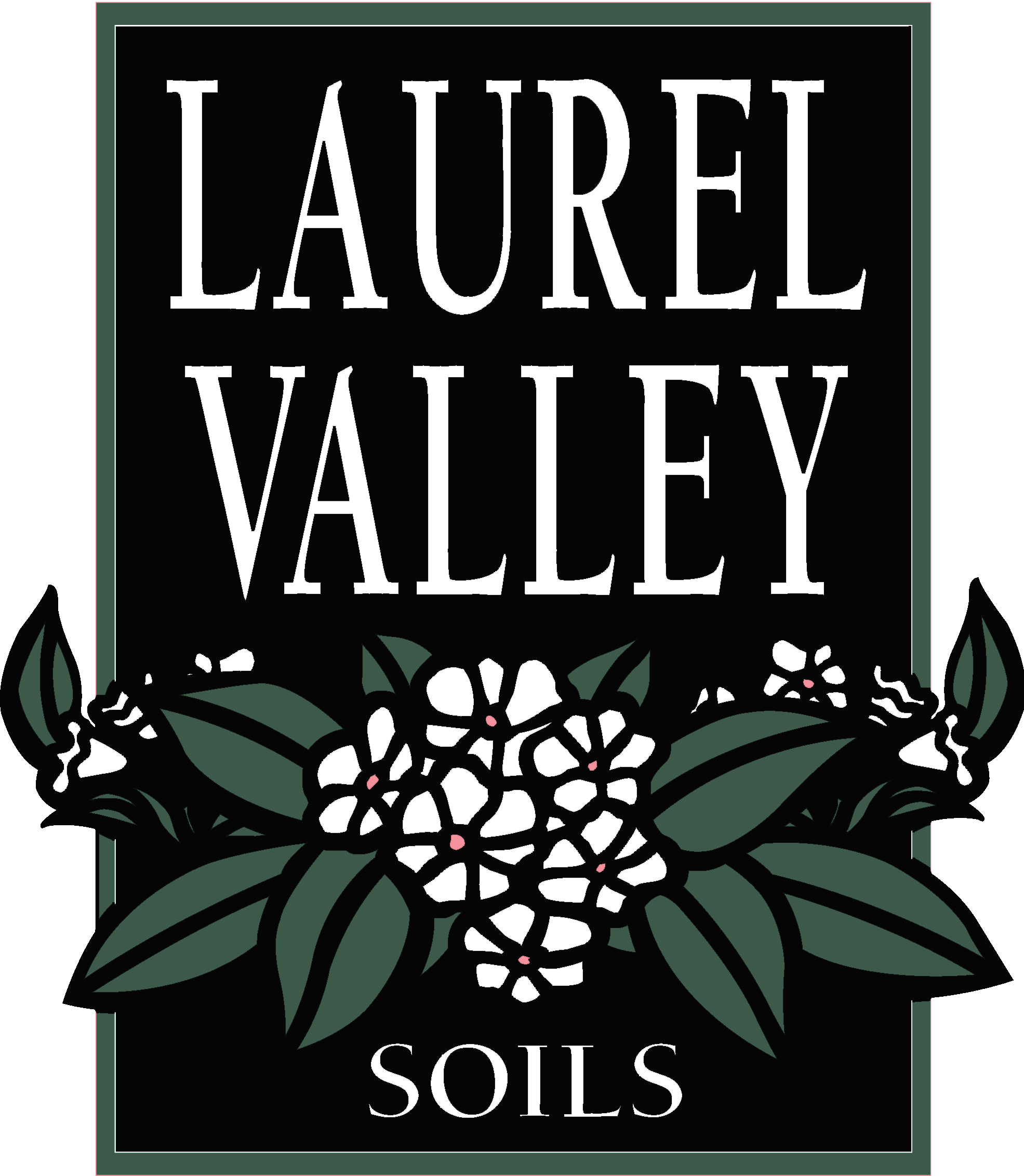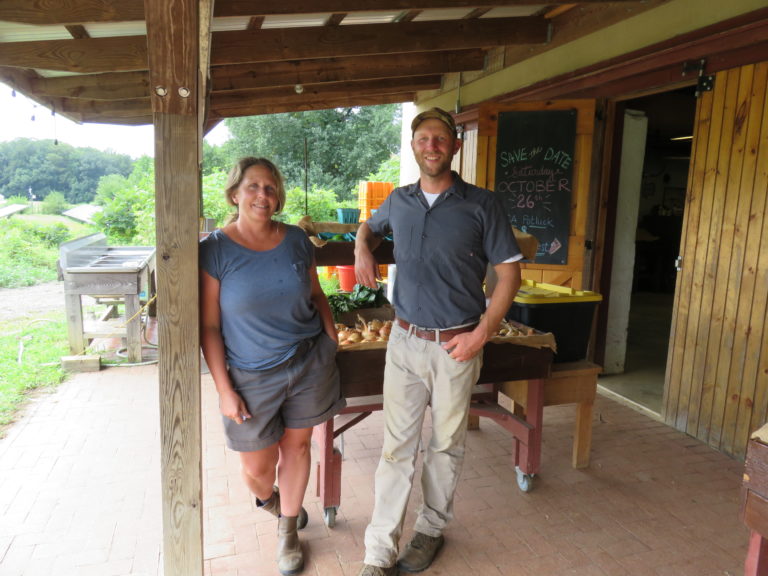
Michele Wales, Farm Manager of Coverdale Farm Preserve, wasn’t halfway through our office door when the words “regenerative agriculture” filled the air. This is when we instantly realized that Coverdale Farm Preserve was something special. After all it’s not every day that a potential client starts excitedly talking about regenerating soil before we do!
As you look out across Coverdale’s 177 acres, nestled inside Delaware Nature Society’s Land Preserve, it’s not hard to see the imprint of Michele’s soil-centric vision manifested all around you. Alongside the vegetable row crops, in-ground hoop houses and animal manure composting, school kids are getting dirty and bonding with the land while their parents pick up their weekly CSA shares.
The Coverdale Farm Regenerative Agriculture Program’s ambitious plan is to mimic natural processes that create healthy soil, animals and ecosystems that symbiotically support each other.
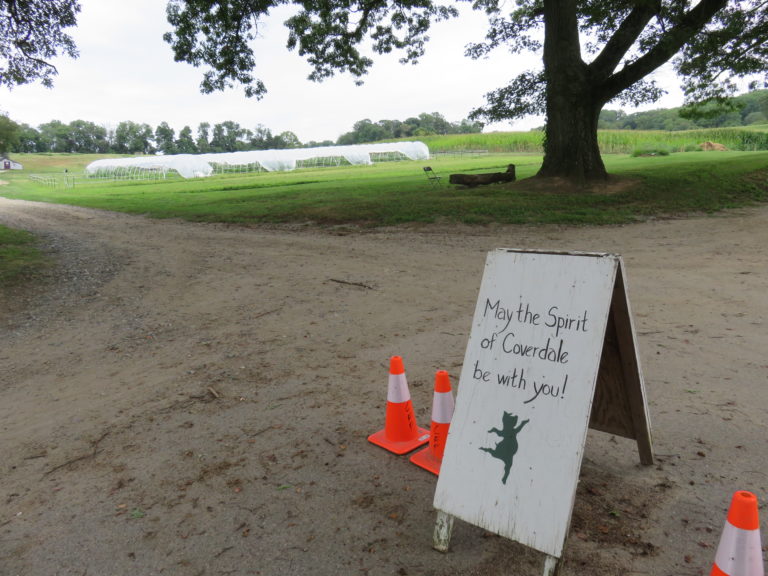
After a legacy of conventional farming, Michelle, with help from her team including Patrick Eggleston, understood that part of their mission was to first heal the soil and bring it back into structural and biologic balance. To provide a jump start, Coverdale added 150 cubic yards of Laurel Valley Soils OMRI Listed Premium Compost to their soil. Although Coverdale is not currently growing certified organic crops, incorporating OMRI Listed Premium Compost not only allows them the option to do so going forward but is in line with their values.
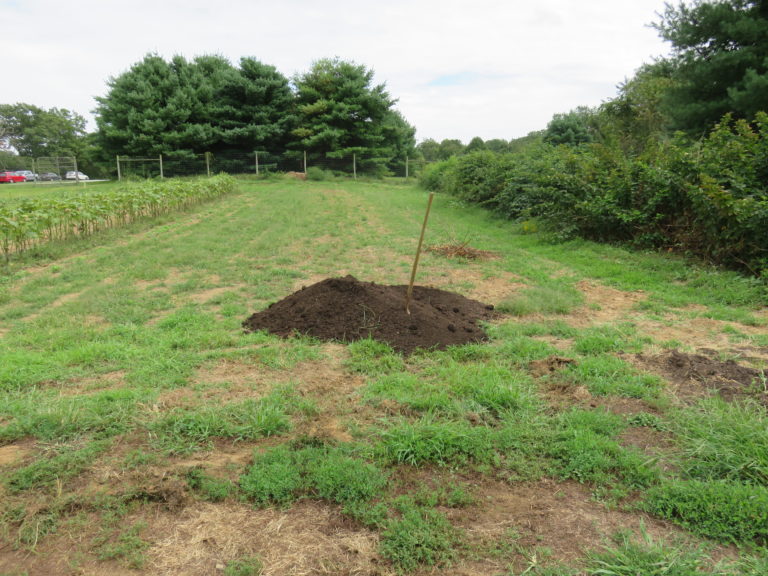
The compost provides organic matter for rebuilding soil structure which helps reduce soil compaction and improves water holding capacity. It also provides slow release organic nutrients and a whole civilization of microbes to recolonize the soil with microscopic life. This biology acts as the digestive system of the soil much like the biology in our own stomachs which helps us to digest food, absorb nutrients and fight of potential diseases.
In addition to using compost to improve soil, Michele has incorporated leader-follower rotational grazing throughout their perennial pastures. Rotational grazing is scientifically designed to contribute to the health of the soil and increase biodiversity simply by letting “animals act like animals” – eating pasture grasses and depositing manure. The animals pass through a pasture in succession – cows followed by sheep who are then followed by poultry – in a continual 40- to 60- day rotation, using the land more efficiently. The poultry are housed in mobile poultry houses which are moved every other day to allow efficient grazing and manure deposits throughout the pastures.
Other novel practices include flame weeding of plant beds prior to planting, companion planting, utilizing solar panels for energy needs, and installing row and bed covers.
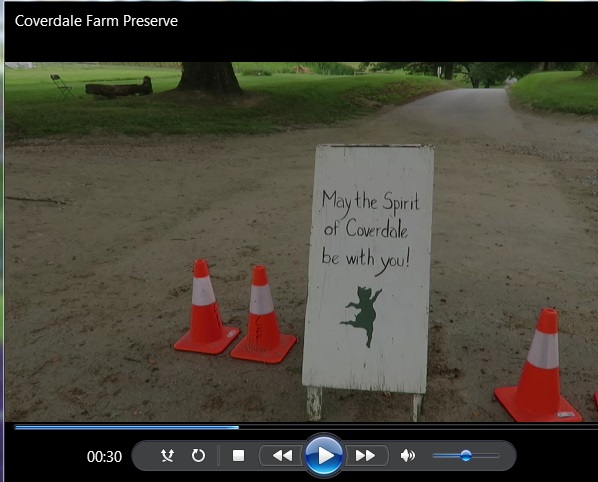
Want to see all this for yourself? Coverdale Farms is open to the public on Wednesday 11am-6pm and Saturday 9am-2pm. There are plenty of activities, including a 22-week CSA, farm tours, and seasonal events including hayrides. https://www.delawarenaturesociety.org/centers/coverdale-farm-preserve/
